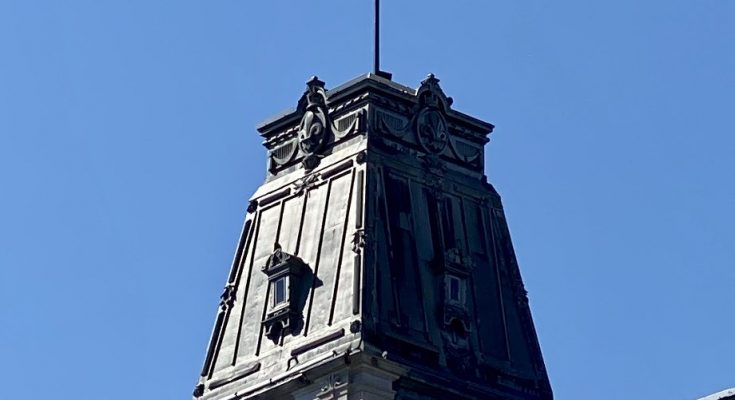CMEDIA/ Quebec’s adoption of its new language law reform was reacted last week by the federal Justice Minister David Lametti by taking aim at the provincial government’s proactive use of the notwithstanding clause to shield the law from constitutional challenges.
According to the bill, there is an increase in the number of French courses students at the colleges must take.
Bill 96 became law earlier last week, after weeks of protests over concerns it would infringe on the rights of anglophones, allophones, and Indigenous communities.
Bill 96 was criticized by Lametti and others who said that the government’s use of that clause — Section 33 of the Canadian Charter of Rights and Freedoms — prevents a proper judicial review of the legislation and shuts down debate is a negative consequence of our political system.
The government calls Section 33 “the parliamentary sovereignty provision.” and says its use of the clause is legitimate and necessary to protect laws that are supported by the majority of Quebecers.
Bill 96 limits the use of English — one of Canada’s two official languages — in the public service and permits inspectors to conduct searches and seizures in businesses without warrants.
The courts cannot declare Bill 96 unconstitutional by the proactive use of Section 33 because of its potential violations of certain fundamental rights included in the Charter.
Benoît Pelletier, a cabinet minister in the Quebec Liberal government of Jean Charest was reported to say that he supports the Quebec government’s use of the notwithstanding clause and added that Section 33, was included in the Charter not only to preserve parliamentary sovereignty but also to maintain the balance of power between the judiciary and the government.
#Quebec; #CharterOfFrenchLanguage; #Bill96; #CanadaJustice; #QuebecNationalAssembly





